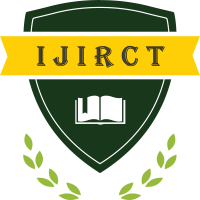Principle of Separation of Power in India: An Overview
Author(s): Dr. Santosh Kumar Tiwari
Publication #: 2404039
Date of Publication: 14.04.2024
Country: India
Pages: 1-9
Published In: Volume 10 Issue 2 April-2024
Abstract
Montesquieu profoundly propounded the theory of separation of powers being impressed by the thoughts of Locke in the 18th century. He pointed out that the three organs of the Government- legislative, executive, and judicial must be independent and separate in the sphere of their limits. The legislature made the laws, the Executive exercises and executes the same laws and in a situation of conflict, the Court interprets the laws. Every democratic country must have adopted the principle of separation of power because if there is no such type of principle we can’t imagine the rule of law. In the same article, the author has tried to explain the same principle and their consequences. Along with the same author has tried to apply the same principle in the UK, USA, France, and India. Dealing with the principle it has been attempted to describe the constitutional provisions of the country concerned and some specific judgments of court to explain the same principle in the ambit of time and place.
Keywords: Separation of Power, Trideva, Legislature, Judiciary and Executive, Checks and Balances, Constituent Assembly Debates
Download/View Count: 250
Share this Article
